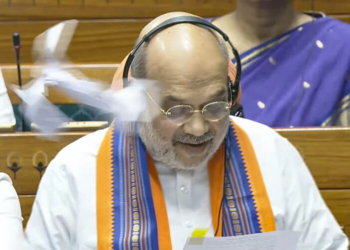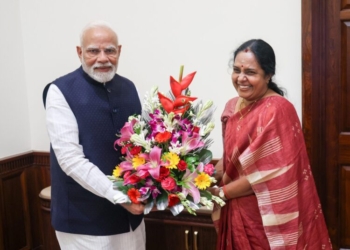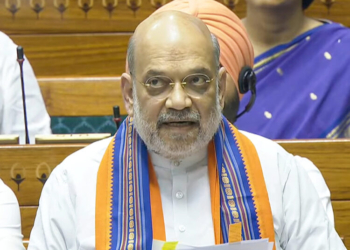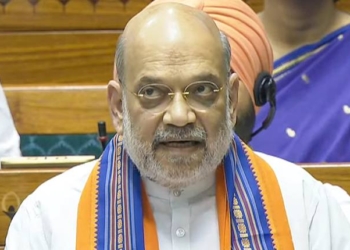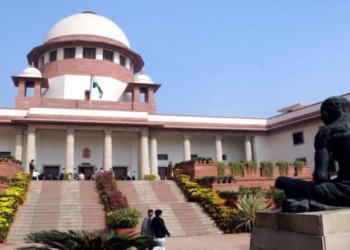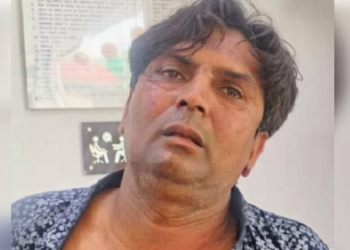Bengaluru: Supreme Court judge Justice B.V. Nagarathna, who is poised to become India’s first woman Chief Justice in 2027, said on Saturday that the issue of delay in the appointment of judges could have serious effects for democracy in general, and judiciary in particular.
Delivering the inaugural address at the fifth conference of Central government counsels from southern states in Bengaluru, Justice Nagarathna said: “The adequate manning of the judiciary at all levels by independent and fearless judges is necessary to ward off any semblance of interference from any quarter. I must say, in my most humble way, that government or executive’s inaction or delay in critical matters concerning the judiciary such as appointment of judges could have serious effects for democracy in general, and judiciary particular.”
She added, “In fact, in my humble view, there is a Constitutional obligation upon the executive to effectively process appointments and transfer of judges recommended by the collegium of the Supreme Court within the earliest possible time, so that there are no vacancies in courts, which could hamper effective judicial functioning. If empowerment of the judiciary is to be seriously considered, I feel that vacancies must be filled and transfers must be affected at the earliest possible time.”
Her statement is crucial against the backdrop of increasing friction between the Supreme Court collegium and the Central government over the delay in the appointment and transfer of judges of the high courts.
Earlier this week, the apex court collegium headed by Chief Justice of India, D.Y. Chandrachud, had taken a serious view of the delay by the Centre in taking a decision on the names reiterated by it for appointment as judges to the high courts.
“Reiterated names ought not to be withheld or overlooked as this disturbs their seniority whereas those recommended later steal march on them. Loss of seniority of candidates recommended earlier in point of time has been noted by the collegium and is a matter of grave concern,” the SC collegium had said.
(IANS)




